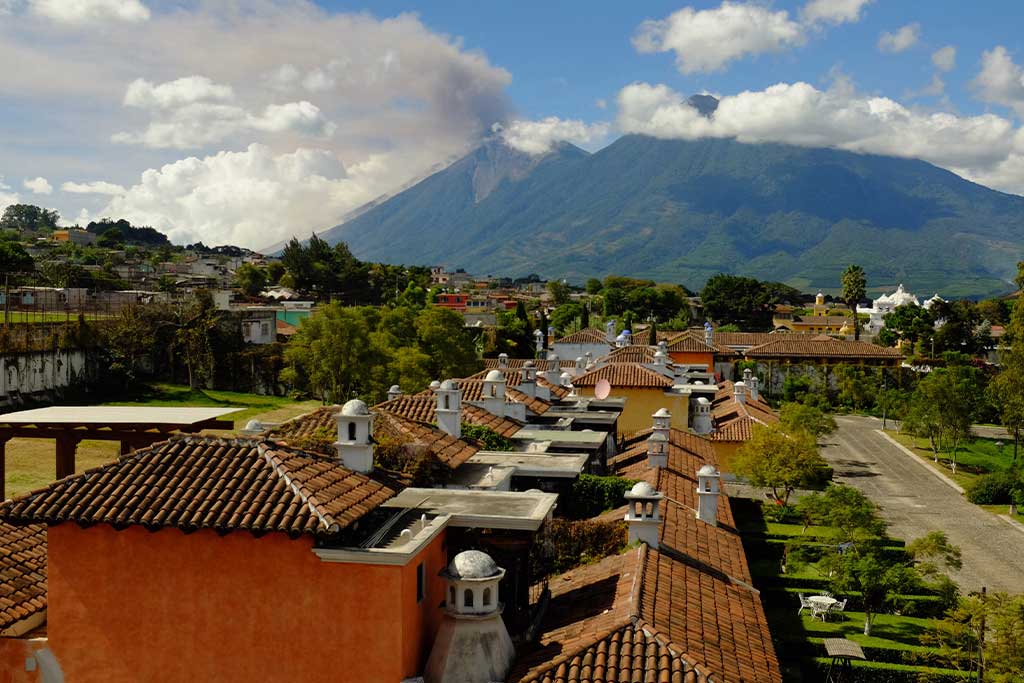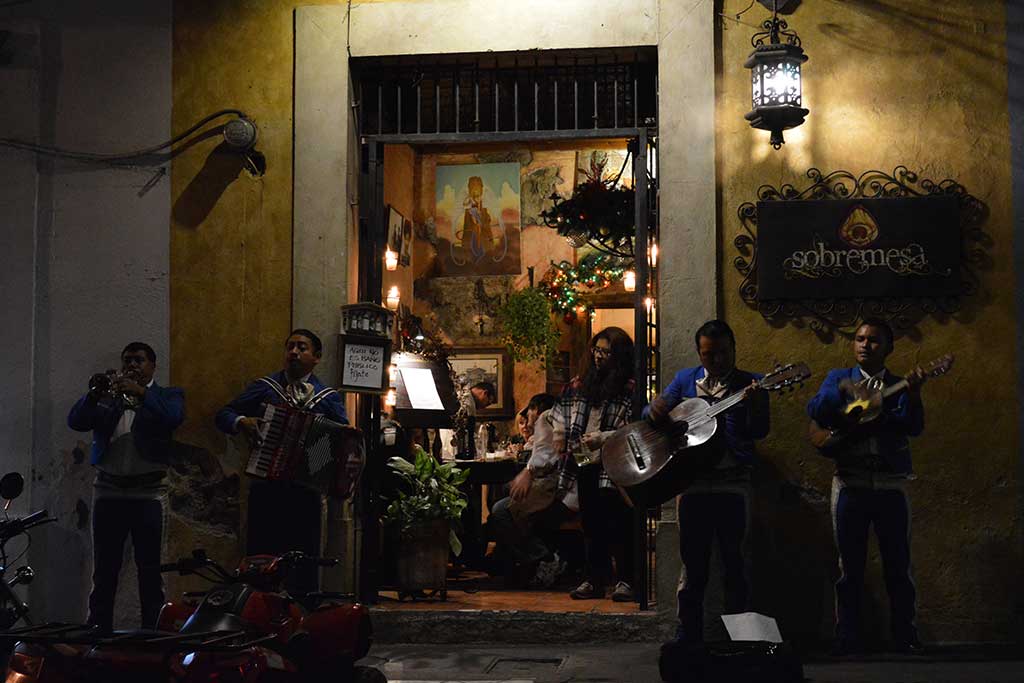What does it mean to work in hospitality and tourism? Before interning in the field, I didn’t have a concrete answer to that question. I knew I was interested in getting to travel and working with people from all over the world. I also already had a background in customer service, business, and marketing. But tourism is an industry that makes sense to explore abroad. It is international at its very core—encouraging the interchange of cultures and people.
Before applying to jobs in the field, I wanted to gain a more global perspective on a global industry. The best way to obtain professional experience is in the field, so I began researching international programs. I soon found that Maximo Nivel ran multiple Latin American-based internships in hospitality and tourism. In a matter of weeks, I had already booked a ticket to Guatemala, excited to explore an emerging jewel of the travel industry.

Many developing countries in Central and South America rely on tourism for their financial livelihoods. Guatemala in particular is making a name for itself amongst world travelers. The country boasts both colonial and Mayan ruins, coffee and chocolate production with a worldwide reputation, and several natural attractions. I was based in Antigua, the former colonial capital. A haven for both domestic and international tourists, Antigua is simultaneously cosmopolitan and quaint.
A grid of cobblestone streets dotted by Baroque architecture; Antigua is small but multicultural. Sometimes called the “city of eternal spring,” it was the perfect place to intern at a boutique hotel. But even though tourism is the foundation of the city’s economy, many businesses have been struggling to bounce back during the international pandemic. In addition to Covid-19 travel restrictions, tourism has also been affected by the eruption of the nearby Pacaya volcano a few years ago.
Although Antigua saw little more than ash from the eruption, misleading news coverage led many tourists to fear traveling to Guatemala. Under normal circumstances, however, the city’s prime location beneath three volcanoes only adds to its appeal. The terrace of the hotel I worked at had an amazing view of the Agua Volcano for guests to enjoy from their chaise lounges. Though the hotel that housed my internship program has already been highly regarded by Tripadvisor, they were actively working to become more internationally competitive.

A small-scale company advertising world-class service, the hotel was made up of three guest houses preserved from the colonial era. The grounds were charming, and each room was decorated with a slightly different theme. The family who owns and operates the establishment is making an effort to bring in more business without making it feel like a chain hotel. In addition to serving traditional cuisine, their restaurant has daily live marimba music and folk dancing.
The hotel staff considers it especially important to capitalize on the rich historic and cultural environment that their city has to offer. Guests are able to book local tours at the front desk, which include Antigua’s wide variety of preserved churches and convents. Making the most of the stunning architecture around them is one of the hotel’s primary advertising strategies. However, it is difficult to compete in an increasingly global marketplace, and my coworkers and supervisors were eager to take advantage of my international eye.
The beauty of interning for a small, family-owned hotel is that you are given a lot of opportunities to learn and grow. My duties ranged from working at the front desk to editing the company’s advertising content. I was most impressed by the collaborative nature of my experience. I learned a lot about hotel operations from the staff while helping them polish their marketing for English-speaking audiences, as well as catering their amenities to an international clientele.

For example, I suggested that the hotel provide free beverages and post their Wi-Fi credentials in the hotel’s beautiful enclosed garden area. I also assisted in the promotion of their on-site rental venues to bring in additional income. However, the most practical aspect of my internship was not working on my marketing skills but exercising my ability to adapt. Most of my work interactions were in Spanish, which pushed me to be flexible with the vocabulary I knew how to use. Moreover, Latin Americans often run on a different clock than their North American neighbors.
Immersing myself in another country’s work culture taught me valuable lessons in flexible thinking and balance. On the one hand, I helped the company become more organized in the way that they managed reservations. On the other hand, I learned to be more patient and open to whatever they wanted me to do, even when it didn’t align with my cultural expectations. I am grateful for the opportunity I had to learn firsthand about hotel operations while also contributing to the expansion of the company.
Looking back on my experience, I don’t think my definition of the industry is any more conclusive. Rather, it has become more fluid. Because Antigua runs on tourism, it provided the perfect backdrop for my internship. And though I gained valuable work experience in marketing and guest services, the biggest lessons I learned were less cut and dried. As I build a career in the travel industry, I have developed a new perspective on the trade. Hospitality and tourism, for me, is about adapting, anticipating, and looking forward to each new adventure.
